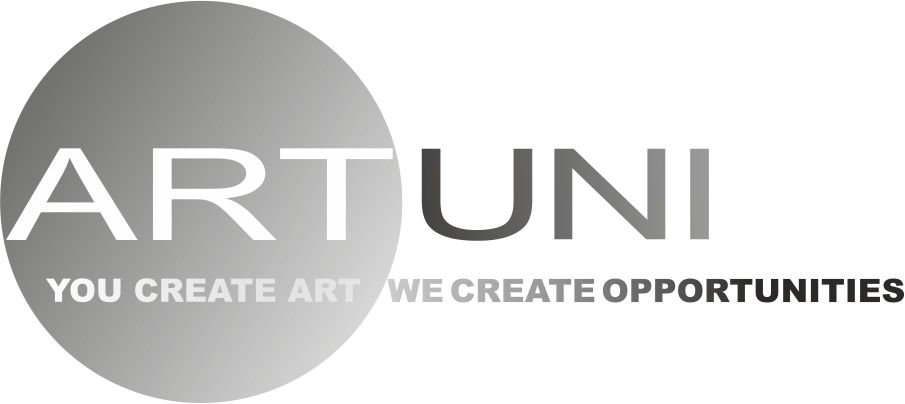It’s no secret that in recent years, distance learning has become a popular alternative to traditional higher education. And this is especially true in the performing arts, where many students find the flexibility and independence of online courses to be a major advantage. Whether you want to be a professional actor, theatre director, arts manager, dancer etc; distance learning is an excellent option for those who don’t live near enough their respective institution and would like more freedom when it comes time to study.
But what are the other benefits of studying online? Here are just a few:
1) The ability to learn at your own pace. One of the great things about online courses is that you can study at your own pace. This means you can take as long as you need to complete a course, without having to worry about meeting deadlines or keeping up with other students.
2) The flexibility to schedule your studies around your other commitments. Another big advantage of online learning is the flexibility it offers. You can study at any time of day or night, and you can fit your studies around other commitments like work or family.
3) The opportunity to choose from a wide range of courses. When you study online, you’re not limited to the courses offered by your local college or university. Instead, you can choose from a wide range of courses offered by colleges and universities all over the world.
Overall, studying online has many advantages and can be a great alternative to traditional higher education. So if you’re considering studying performing arts, be sure to check out some of the great online courses with ArtUniverse partial scholarships available:
“Choreography and Blocking in Performance”
Choreographers and composers collaborate with directors to plan, create and realize dance or movement design. This course helps prepare students for this communication by equipping them with tools necessary for building strong mise-en-scene (setting), blocking ideas that can be used when choreographed music is not present yet having knowledge about various types of ensemble formations such as few counts vs many couples, etc. There’s also an exploration of ways how best execute one’s vision through composition techniques
This course will show you how to analyze the play, work with its text and research an historical/theoretical context for it. You’ll also learn about methods in preparation before meeting actors so that there are no potential problems when the director finally gets their chance! We’re challenging students by giving them tasks which require specific skill sets beyond simply reading or watching-all while encouraging participation from everyone who takes this short class on plays specifically selected each semester based on what’s happening culturally at any given time.
“The Director and Ensemble Building”
At this course, students will explore the role of physical training in ensemble building. They’ll learn techniques to work with actors playfully and build up specific atmospheres that promote cohesion among group members while they’re on stage or inside an acting studio working towards dynamic results.
To apply for a scholarship fill in the application form.

